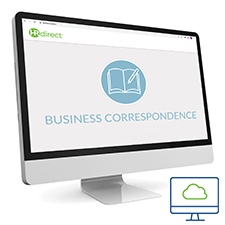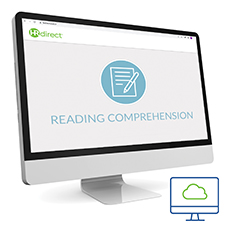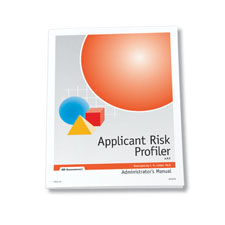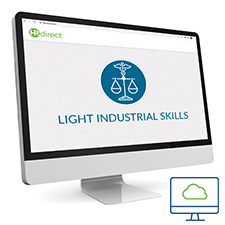Employment tests should match the skills, traits and competencies needed for success in the position you’re hiring for.
Follow these steps to choose the right one:
1. Define the role by clearly identifying key responsibilities, required hard and soft skills, experience level and work environment (e.g., remote, team-based, high-pressure).
2. Identify the type of test(s) needed. Different roles call for different assessments. Common test or assessment types include cognitive ability, skills, personality, situational judgment, emotional intelligence and integrity.
3. Match the test to the job. For instance, an accounting role might require a QuickBooks or math test; a sales manager might benefit from a personality test and situational judgment test; a customer service agent may need a communication skills and personality assessment.
4. Confirm fairness and compliance. The test must be validated, non-discriminatory and compliant with EEOC and labor laws.
5. Pilot the test. Have current employees or a small candidate group take it to confirm relevance, clarity and predictive value.





 Shopping cart
Shopping cart


